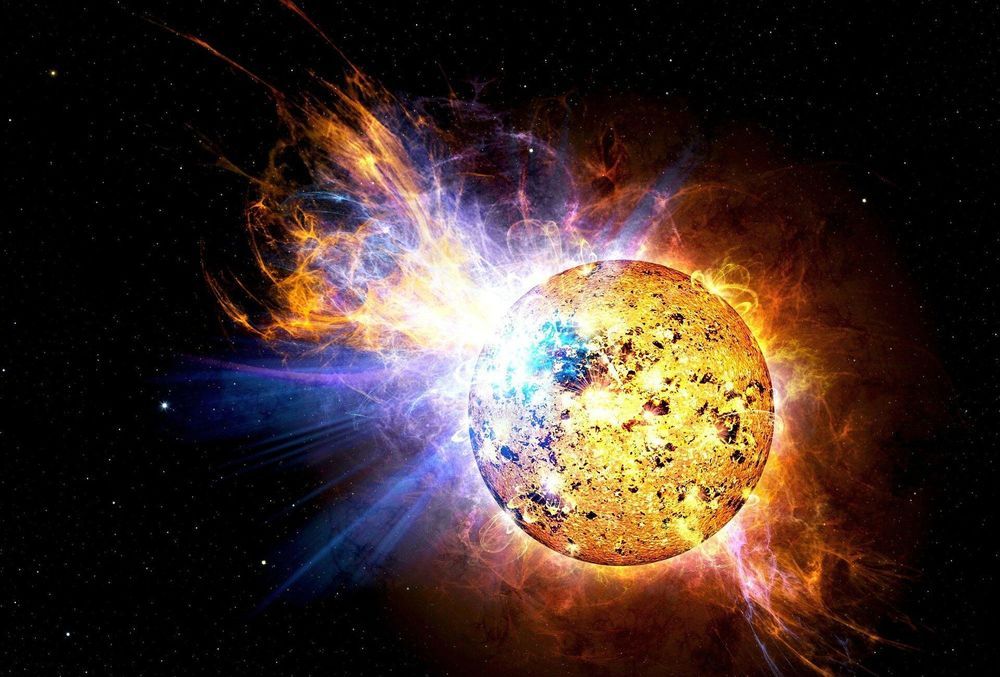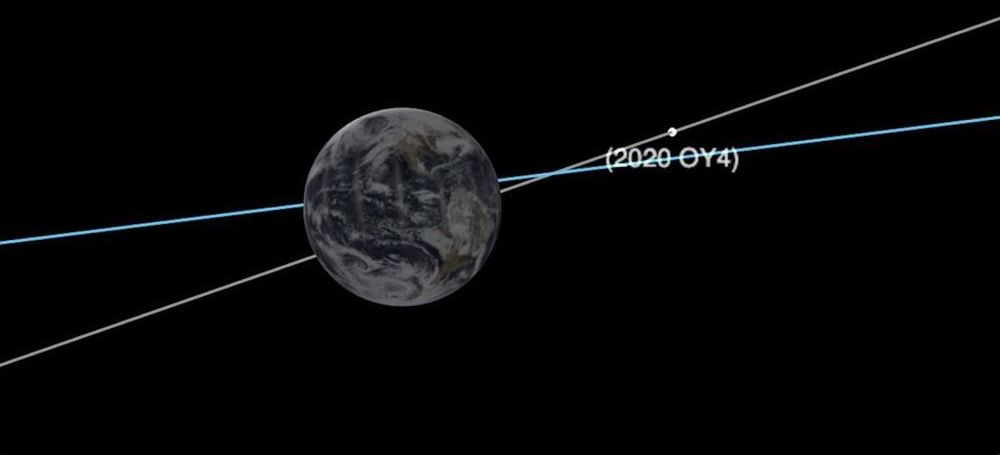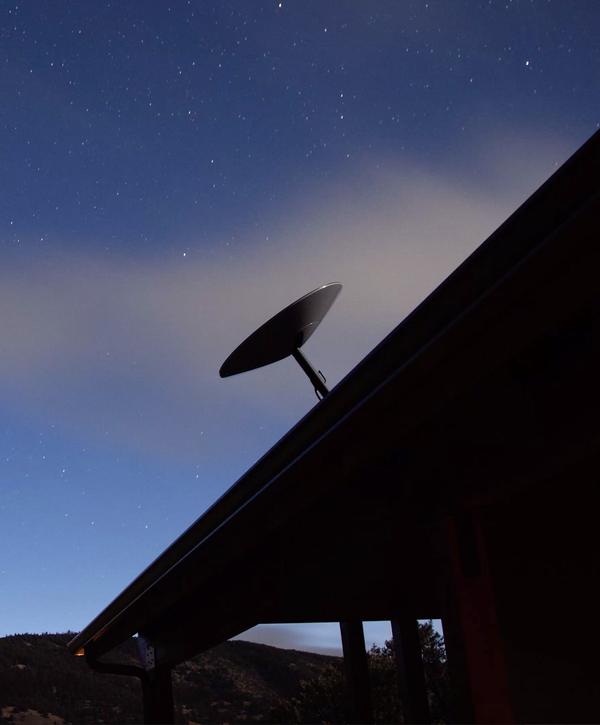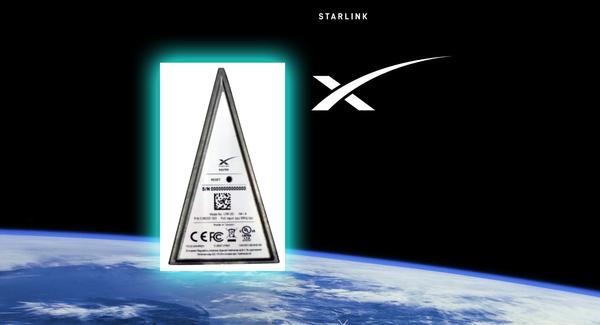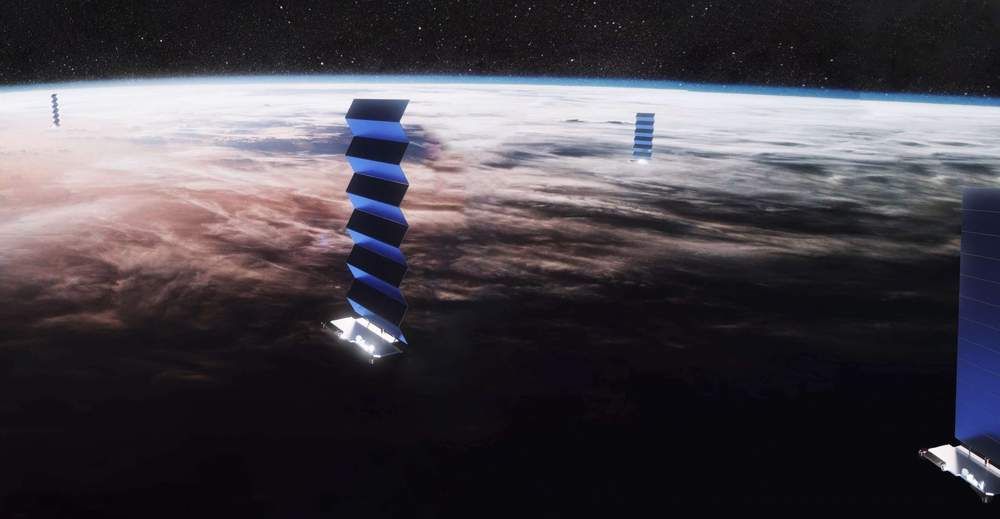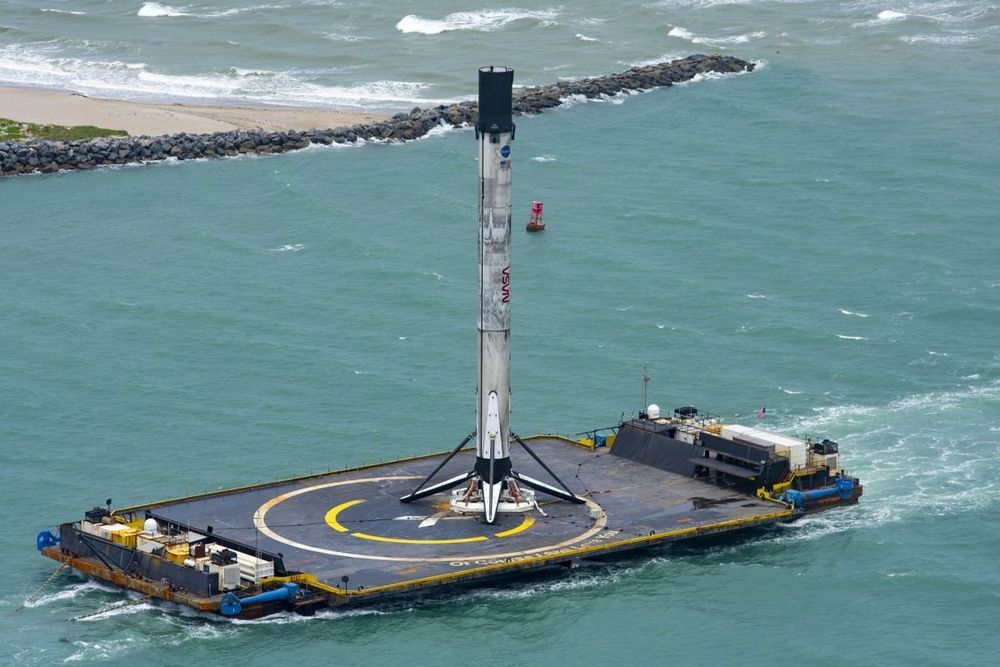Eyeing a launch in 2023, DARPA’s Robotic Servicing of Geosynchronous Satellites (RSGS) program will focus the remainder of this year on completing the elements of the robotic payload. The objective of RSGS is to create an operational dexterous robotic capability to repair satellites in geosynchronous Earth orbit (GEO), extending satellite life spans, enhancing resilience, and improving reliability for the current U.S. space infrastructure.
Earlier this year, DARPA partnered with Space Logistics LLC, a wholly owned subsidiary of Northrop Grumman, to provide the spacecraft bus, launch, and operations of the integrated spacecraft. DARPA will provide the payload that flies on the bus, including the robotic arms, through an agreement with the U.S. Naval Research Laboratory (NRL).
In 2021, NRL will integrate the robotic arms onto the payload structure, and then is expected to begin environmental tests by the end of same year. After launch in 2023, it will take approximately nine months to reach GEO, and the program anticipates servicing satellites in mid-2024.


